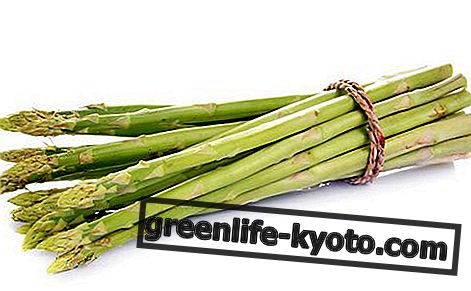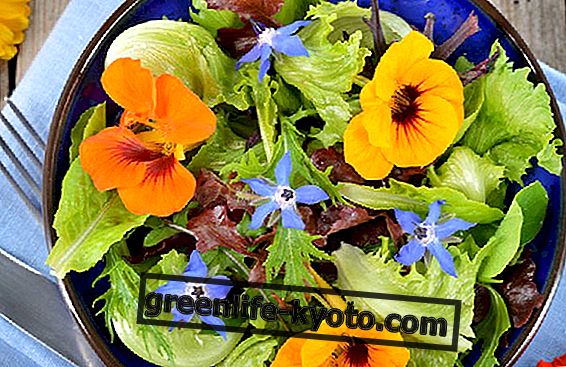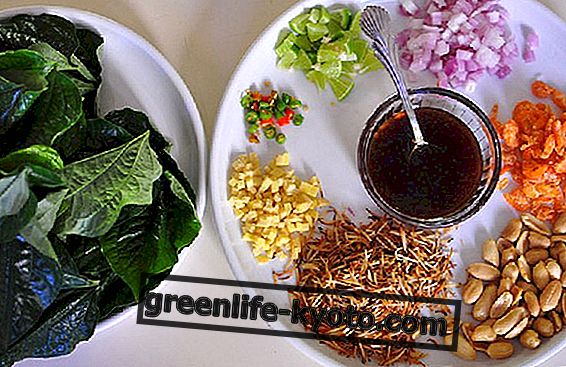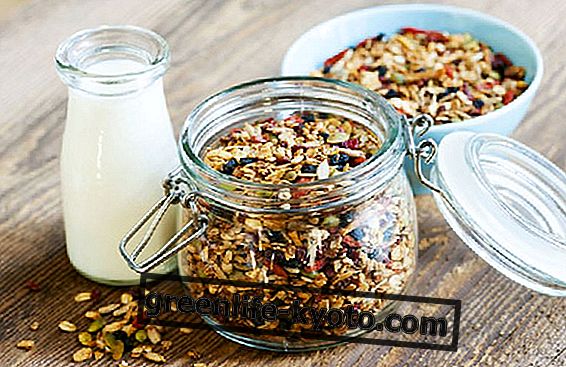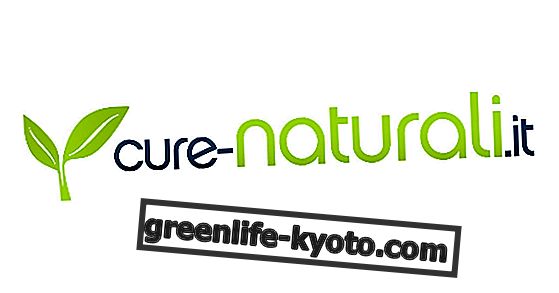
Edited by Marianna Gualazzi
Here is what dr. Paolo Giordo, an expert, among other specializations, in holistic medicine and natural nutrition
That of the Mediterranean diet as a correct and balanced "typical diet" is a refrain that can be heard from many quarters, but perhaps we must make some distinctions. Does a modern, poorly balanced Mediterranean diet exist, and an ancient one, better for health, that we must recover?
The rediscovery of the Mediterranean diet means that a diet based on cereals, vegetables and legumes ceases to be a point of indigence to become a model of nutritional correctness.
For millennia man has fed on complete cereals, crushed with millstones and only since the end of the nineteenth century have the steel cylinder mills appeared and the refining process has begun which has also modified the functionality of our digestive system. biologically unsuitable for refined cereals: dietary fiber has always guaranteed protection against gastrointestinal diseases, including tumors.
Even in the early twentieth century the food of southern peasants was characterized by black bread, vegetables, black olives, chickpea fritters, pasta with grated cheese (not every day); the meat was reserved for large festivals.
In a obviously poor kitchen, the typical dishes of the popular tradition always combine a whole grain cereal with a richer food of proteins such as legumes, anchovies or cheese, to mention the famous dishes of the Mediterranean tradition such as pasta and beans, pasta and chickpeas, rice with lentils, examples of balanced nutritional power. The "anti-nutritional" power of legumes, for example, has limited the assimilation of fats as well as starches, and in more modern times obese and diabetic could only benefit from them.
The peasant and Mediterranean diet, therefore, in its traditional variety based on the widespread consumption of vegetables, fruit, legumes and whole grains, accompanied by continuous physical exercise and an important caloric restriction, represents a balanced nutritional model with truly therapeutic activity and preventive .
In the modern Western world, unfortunately, the ancient Mediterranean diet has been distorted and replaced by an excess of refined cereals, fats and sugars that have, little by little, undermined the integrity of our digestive system and our immune system.
The refining of the first cereals, and their structural modification by continuous hybridization and then irradiation, have produced a gluten that is not suited to our biological organism that has caused intolerances and growing immune problems.
These increasingly serious and widespread difficulties with respect to the tolerability of gluten have led to exclusion diets to deal with the increasingly widespread gastrointestinal and immune disorders in the population.
Today many food trends tend to offer cereal-free regimes (I think for example of the famous paleo diet). Others, such as macrobiotics, argue that cereals should be the basis of our diet. What do you think?
A diet that has spread in recent years is the so-called "paleo diet", that is the diet of our hunter-gatherer ancestors that eliminates cereals, legumes and dairy products to make room only for meat, fish, vegetables and fruit in abundance . Parallel to this also the vegan style that eliminates every animal product is taking hold consistently.
My thought in this regard is that there is no diet valid for all and always in accordance with the variability that our body has always been forced to face, depending on the many individual, metabolic, climatic and religious differences.
Each of the nutritional regimes that are culturally dated such as the Mediterranean diet, the Kousmine method, the Gerson method, the paleodieta, veganism are, in themselves, valid and all lead to important therapeutic and preventive results if they are adapted to the physical characteristics, metabolic, cultural or religious background of the person.
It is also true that most of us consume only one cereal (wheat): how important is variety even in the use of cereals? Can you give us some practical advice?
Certainly there are problems related to the modern structure of gluten (and also of casein) which, in genetically predisposed subjects, can give rise to various forms of diseases or autoimmunity.
Furthermore, the peculiar characteristic of our biological body is to assimilate whole, unpolluted foods, with great nutritional variety, alternated with short periods of fasting (excluding children and debilitated people) which, besides being peculiar to our biological structure, allow our body to detoxify and reactivate.
Eventually the choice of cereals should favor, besides the entirety, also the lack of gluten (rice, corn, buckwheat, millet, quinoa, amaranth) or their limited presence (ancient grains, kamut, spelled).
Taken from the journal Scienza e Conoscenza n. 52


